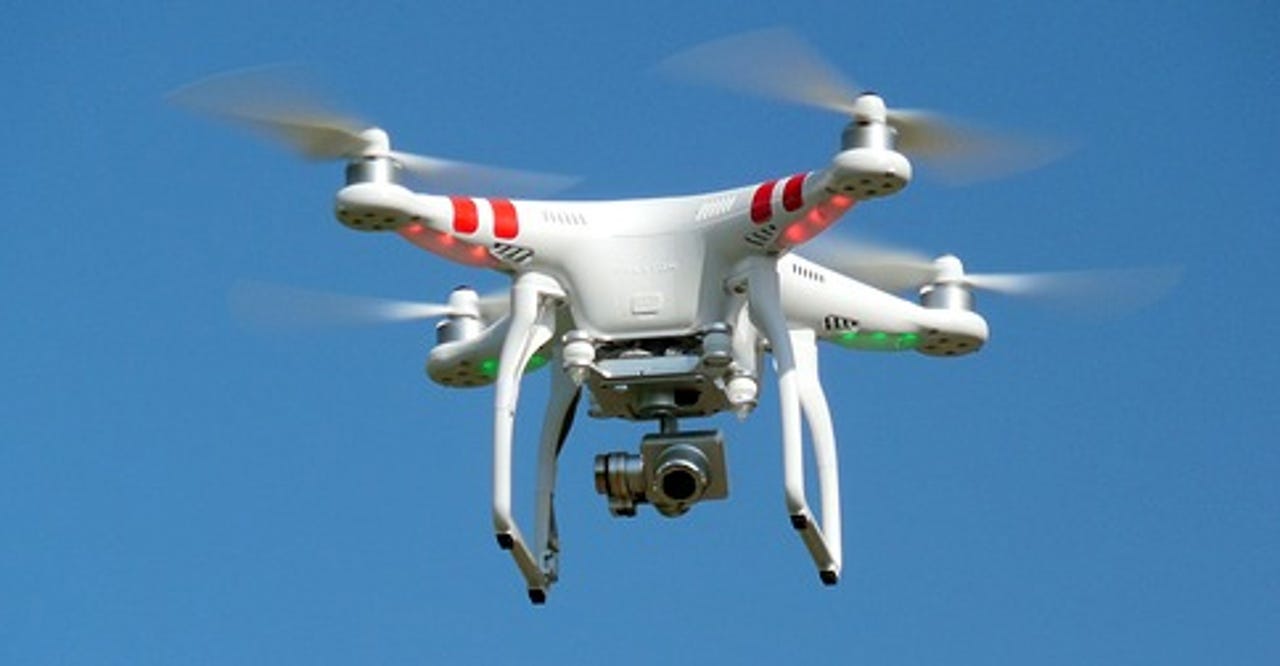Endanger aircraft with your drone and enjoy time behind bars, UK demands


A recent poll suggests most UK citizens believe drone operators in urban areas should be subject to strict restrictions.
A survey of over 2,000 people conducted by the British Airline Pilots' Association (BALPA) found that UK citizens feel there should be stricter rules on the qualifications required to fly unmanned aerial vehicles (UAVs) in cities, and there should also be the possibility of time behind bars for those who endanger aircraft.
Presented at a drone safety summit organized by UK pilots which brought together BALPA, the UK safety regulator (CAA), police and safety specialists, the research findings revealed that 40 percent of respondents believe only someone with a license should be able to fly drones over urban areas -- which would require the same amount of training as piloted aircraft.
Featured
This is double the proportion of people -- 20 percent -- who said anyone with a current commercial UK drone license should be able to fly their UAVs over cities. UK law permits operators to obtain a commercial drone license if they attend two days' worth of ground school, two hours flying practice and a single flight test.
The BALPA ComRes survey also revealed that roughly a third of respondents believe no-one should be permitted to fly over urban areas in any circumstance.
Should the rules be broken, over half respondents said tough punishments should be in place. If an operator sends their drone into airspace which endangers an aircraft, while not causing the aircraft to crash, 52 percent of respondents said a prison sentence should be issued. Only 24 percent think a fine is an appropriate level of punishment.
BALPA General Secretary Jim McAuslan said:
"Drone technology is taking off and we want to make sure the country can benefit from the business and leisure opportunities that it could offer without putting flight safety at risk. Pilots and the public want the UK to be a 'safe drone zone' and these polling results show that the public backs stricter laws on training for drone pilots and punishment for endangering aircraft.
"The UK can lead the way on safely introducing small drones and set the standard for the passenger aircraft of the future."
BALPA believes that UK regulators should require small UAV operators in the commercial sector to be licensed, trained and insured against accidental damage to people or property -- and flights should be restricted to below 400 feet and no closer to 50 meters in relation to people and properties.
In addition, the organization is calling for a public hearing before large drones are permitted to be flown commercially in the UK, and there should be "no commercial flying of [drones] beyond the 'line of sight' of the operator until the major security concerns are fully addressed."
The 'line of sight' issue is not only affecting UK drone operators investigating the technology for commercial purposes. In the United States, companies including Amazon and Google wish to test UAVs for drone delivery, but cannot further their research as current laws dictate drones must not go beyond the sight of the operator. However, the US Federal Aviation Administration (FAA) is expected to relax these laws and allow extended flights within several years.
Read on: In the world of innovation
- NASA, ODG explore smart glasses for space
- Samsung hopes to secure top spot in Internet of Things revolution
- FAA to impose restrictions on commercial drone use
- "="" rel="follow">Pentagon to sharpen tech edge with robotics, 3D printing, weaponry
- Waze unveils government data exchange program
- Google readies Android for the connected car